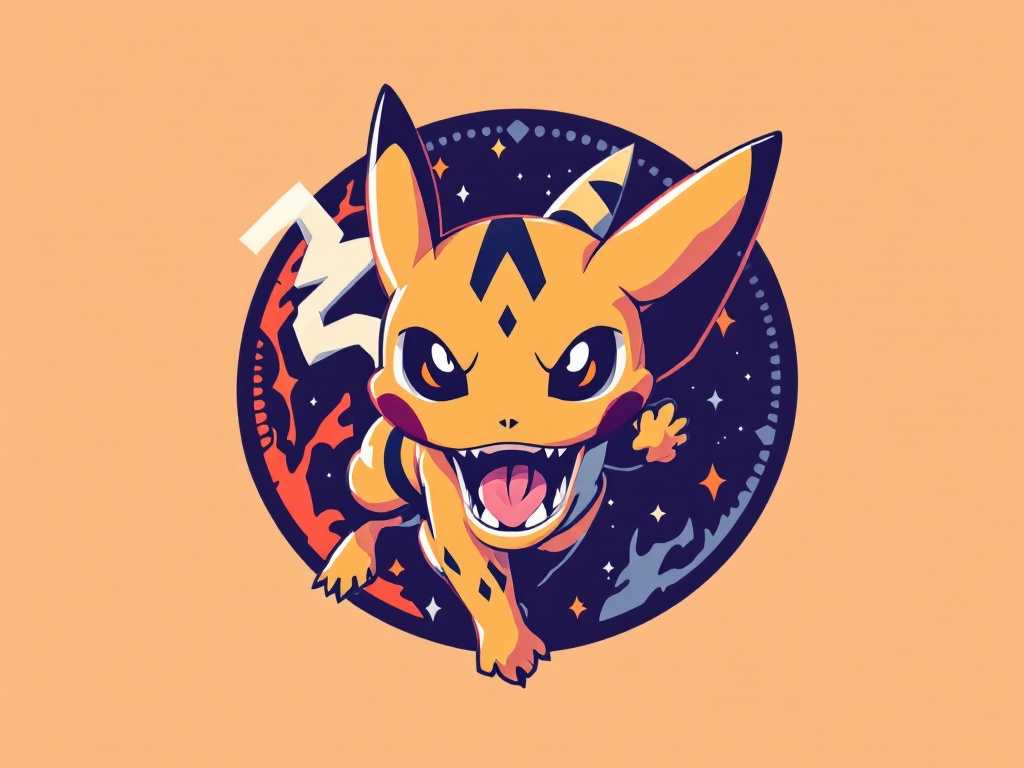Overview of Top UK Women’s Fashion Shows
UK women’s fashion shows play a remarkable role in setting global fashion standards, influencing trends both domestically and internationally. Iconic events such as fashion weeks and specialized fashion events throughout the year provide a platform for designers to showcase their creativity and innovation. At the forefront is London Fashion Week, a linchpin in the fashion calendar, known for its blend of established designers and emerging talent that captivates audiences worldwide.
Across the UK, regions host their own fashion events, each contributing a unique voice to the fashion dialogue. Birmingham Fashion Week is celebrated for its focus on emerging talent and diversity, while Manchester Fashion Week is hailed for its spirit of fashion innovation and collaboration with local businesses. These events not only drive trends but are instrumental in promoting inclusivity within the fashion industry. They offer a stage where creativity merges with cultural narratives, propelling the UK as a leading fashion capital.
This might interest you : What are the key elements of a classic UK woman’s wardrobe?
London Fashion Week
London Fashion Week, a cornerstone in the international fashion scene, has a rich historical context that dates back to 1984. Over the years, it has grown into an influential platform for showcasing cutting-edge and classic styles alike. This prestigious event sees participation from noteworthy designers and leading brands who present their latest collections to an eager global audience. Iconic names such as Burberry, Vivienne Westwood, and Alexander McQueen frequently grace the runway, alongside emerging designers eager to make their mark.
The event historically takes place twice a year, in February and September, providing designers with the opportunity to introduce new seasonal trends. These dates are strategically chosen to align with other international fashion weeks, ensuring maximum media and buyer attention. Moreover, viewing options have expanded in recent years to include digital access, allowing broader audiences to engage with the event. Online platforms stream live shows, enabling fashion enthusiasts worldwide to partake in the excitement and discover new styles.
Also to see : What are the key elements of a classic UK woman’s wardrobe?
Birmingham Fashion Week
The Birmingham Fashion Week is a celebrated event that places a strong emphasis on emerging talent and local designers. Known as a vibrant platform for budding designers, it offers a unique opportunity to showcase new collections alongside more established local names, significantly enriching the fashion scene in the UK. This event has made a mark not only for its innovation but also for its commitment to fostering diversity and inclusivity within the fashion industry.
Promoting Diversity and Inclusivity
One of the core missions of Birmingham Fashion Week is to champion diversity. This is evident in their inclusive range of models and the varied cultural narratives explored in the collections presented. By providing a stage for a multitude of voices and perspectives, it plays an integral role in shaping a more inclusive and representative fashion future.
Highlights and Anticipated Showcases
Past events have seen a mix of awe-inspiring moments, from avant-garde collections to sustainable fashion debuts. Each year, attendees look forward to the creativity and originality that define this fashion week. As the event continues to evolve, future showcases are anticipated to push boundaries even further, highlighting the innovation and artistry of Birmingham’s fashion community.
Manchester Fashion Week
Manchester Fashion Week has gained a reputation as a hub for fashion innovation, providing a dynamic platform for designers to push creative boundaries. This fashion event encourages collaboration between designers and local businesses, fostering a rich community of style and innovation where new trends are born. Such collaborations have not only invigorated the fashion scene but also positively impacted the local economy.
The highlights from past shows include stunning displays of avant-garde fashion and unique partnerships, often leaving lasting impressions on attendees and influencing future fashion directions. This fashion week’s commitment to showcasing groundbreaking designs ensures an exciting atmosphere, enticing fashion enthusiasts to anticipate notable performances. As the event evolves, upcoming shows are expected to continue this trend by offering more innovative showcases and collaborations that inspire and captivate audiences.
Other Notable Fashion Events
Fashion events across the UK are not limited to the well-known fashion weeks in major cities; instead, they are complemented by an array of regional fashion shows and specialty fashion festivals. Each event provides a distinct contribution to the fashion landscape, offering unique styles and narratives that resonate with both local and international audiences.
Among these noteworthy events is the Edinburgh Fashion Festival, renowned for its integration of classic and contemporary designs that celebrate Scottish heritage. Similarly, the Bath in Fashion event focuses on sustainability and ethically produced garments, bringing attention to environmentally friendly practices within the industry.
These regional shows also offer greater accessibility and participation opportunities for diverse audiences. They often incorporate workshops and interactive sessions, engaging attendees in discussions about fashion-related topics. Moreover, many of these events are increasingly using digital platforms to broadcast their shows, ensuring that the captivating array of fashion can be enjoyed by a wider audience through live streams and online broadcasts. This evolution in accessibility highlights the dynamic and inclusive nature of UK fashion events, ensuring they continue to inspire and shape the future of fashion.
Viewing Options and Accessibility
Live streams have revolutionized the way audiences around the globe experience UK fashion weeks and events, providing widespread accessibility to runway shows that were once exclusive. Now, fashion enthusiasts can enjoy a front-row seat to events like London Fashion Week from the comfort of their homes. Digital engagement is key—streaming platforms offer vibrant discussions and real-time commentary, creating interactive experiences around the shows.
Social media platforms further enhance this engagement by allowing instant communication and sharing of highlights, amplifying the reach and impact of these events. Their role in audience interaction cannot be overstated, as they facilitate broader participation and maintain the buzz long after the last model has walked the runway.
For viewers eager to delve deeper into the fashion world, there are simple yet effective tips: actively participate in online discussions, follow official social media pages for updates, and engage with fashion communities to share perspectives and screen captures. This accessibility marks a new era in the fashion industry, where inclusivity is paramount, broadening the spectrum of influence these prestigious events have.
Impact and Importance of UK Women’s Fashion Shows
UK women’s fashion shows hold a momentous position within the global fashion industry, constantly shaping trends and setting high industry standards. These events serve as pivotal arenas where designers present innovative collections that influence luxury retailers and consumer choices worldwide. Attended by fashion icons and style enthusiasts, they offer unmatched exposure to designers and brands either emerging or well-established.
The impact of these fashion shows extends beyond the runway, embedding themselves within cultural and societal narratives. They celebrate diversity through varied fashion weeks and niche fashion events, showcasing styles that embody heritage, contemporary creativity, and social messages. For instance, diverse cultural representations on the runway resonate with global audiences, offering profound cultural significance while promoting inclusivity.
Furthermore, these fashion shows are instrumental in guiding consumer behavior. As collections debut, they set seasonal trends that retailers and fashion-followers eagerly adopt. This cycle informs everything from fashion marketing strategies to clothing production decisions within the industry. Designers leverage these platforms not only to generate visibility but also to foster consumer engagement through digital platforms and social media, connecting with a broader audience.
In essence, the UK’s fashion events serve as a catalyst for creativity and change, cementing their role in driving forward the fashion narrative globally.

